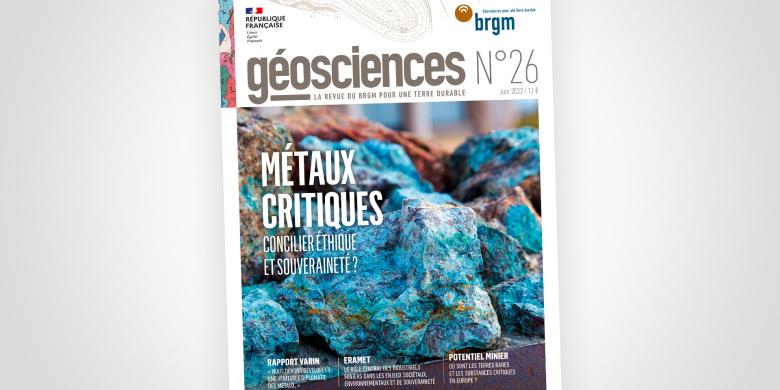Recycling is above all about reducing the environmental impact of the waste we produce and limiting its burial as landfill or its incineration. The main challenge of metal recycling is economic: recycled metals must be produced at equivalent costs to those produced from ores.
In France, recycling channels are gradually being set up, driven by an ever-increasing world-wide demand. For more than 20 years, we have witnessed a surge in the price of metallic substances, initially linked to growing Chinese demand, then to the rare earths crisis in the years 2010-2011 and more recently to the Covid-19 pandemic, which has increased the vulnerability of the economies of Western countries with regard to their supplies.
The ecological transition and public policies that advocate the massive deployment of renewable energies and e-mobility will contribute to this trend, since all these technologies consume significant amounts of base and rare metals. According to a recent OECD study (2019), the use of raw materials is expected to almost double worldwide by 2060. For metals, consumption would increase from 7 to 19 billion tonnes per year, posing serious threats to procurement capacity.
Recycling appears to be an essential lever for reducing the dependence of the world's economies on metals.
Global recycling balance sheet
To date, the only existing data at a global level are those produced by UNEP (2011), which estimates the end-of-life recycling rate of all metals. According to the report, less than a third of the 60 metals surveyed are recycled at 50% or more and 34 elements have end-of-life recycling rates of less than 1%, which means that they are not recycled.
Thus, even if the stock of potentially recyclable metals in our urban mines could be used to reduce the exploitation of natural resources, there are still considerable gaps to be filled and a "self-sufficient recycling society" is still far from being a reality today.
Geosciences no. 26: Critical metals, can ethics and sovereignty be reconciled?
Issue 26 of the Géosciences journal, published in June 2022, focuses on the topic of critical metals.
The energy transition towards carbon-free production reveals more than ever how dependant our technologies are on an increasing amount and variety of metals. Will we be able to meet all the needs for mineral raw materials in the coming decades? How can we secure our supplies given that the last mines in France closed at the end of the last century?
BRGM, France's leading public player in the field of mineral resources, has devoted this issue of its journal, Géosciences, to answering these questions and many others.
This issue, which includes an article by Philippe Varin, author of the recent report on securing the supply of mineral raw materials to industry, and an interview with Christel Bories, CEO of Eramet, discussing the place of metals in our daily lives, takes stock of European mining potential and reviews the state of recycling in France and the prospects for innovation in this field.








